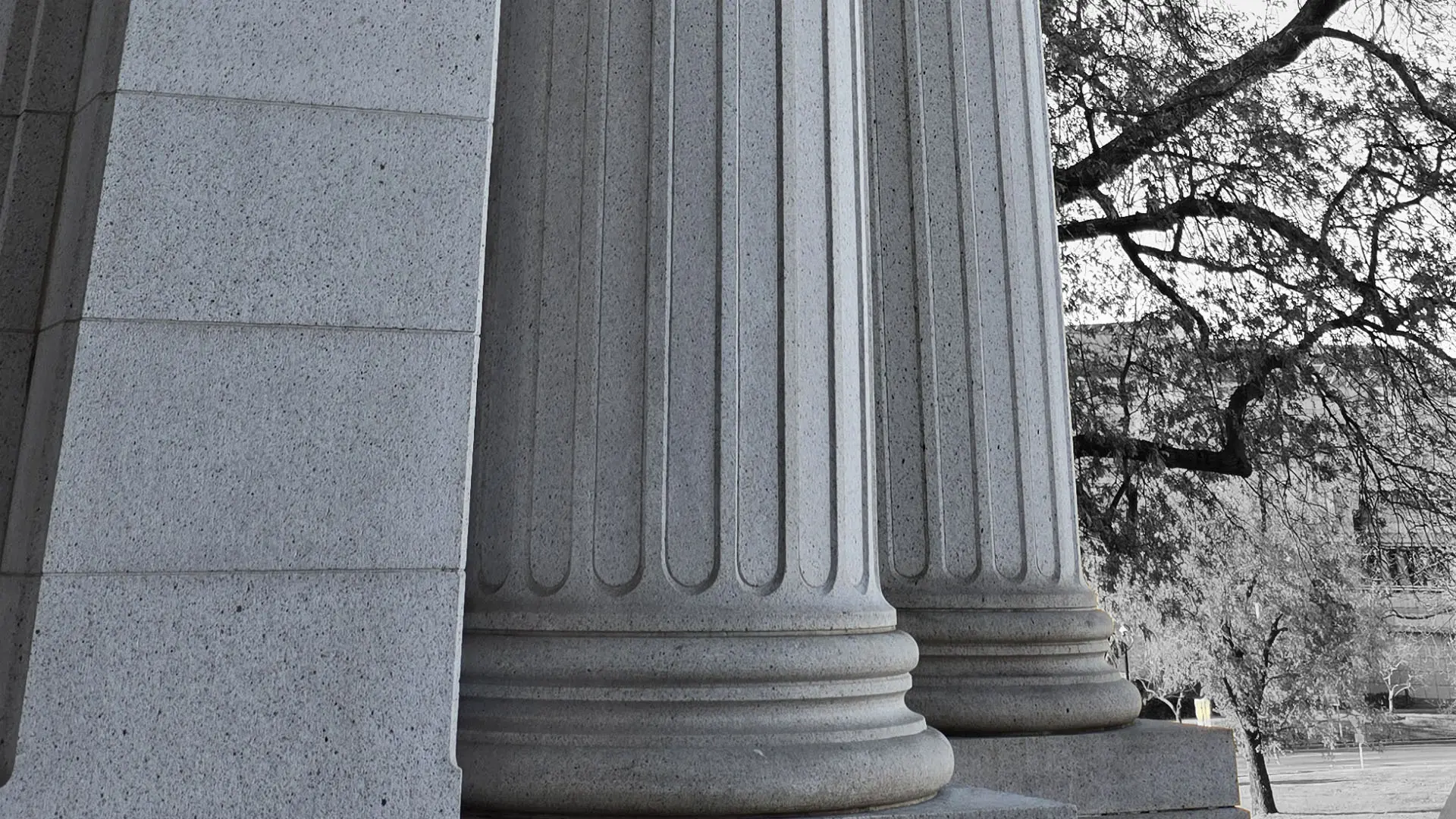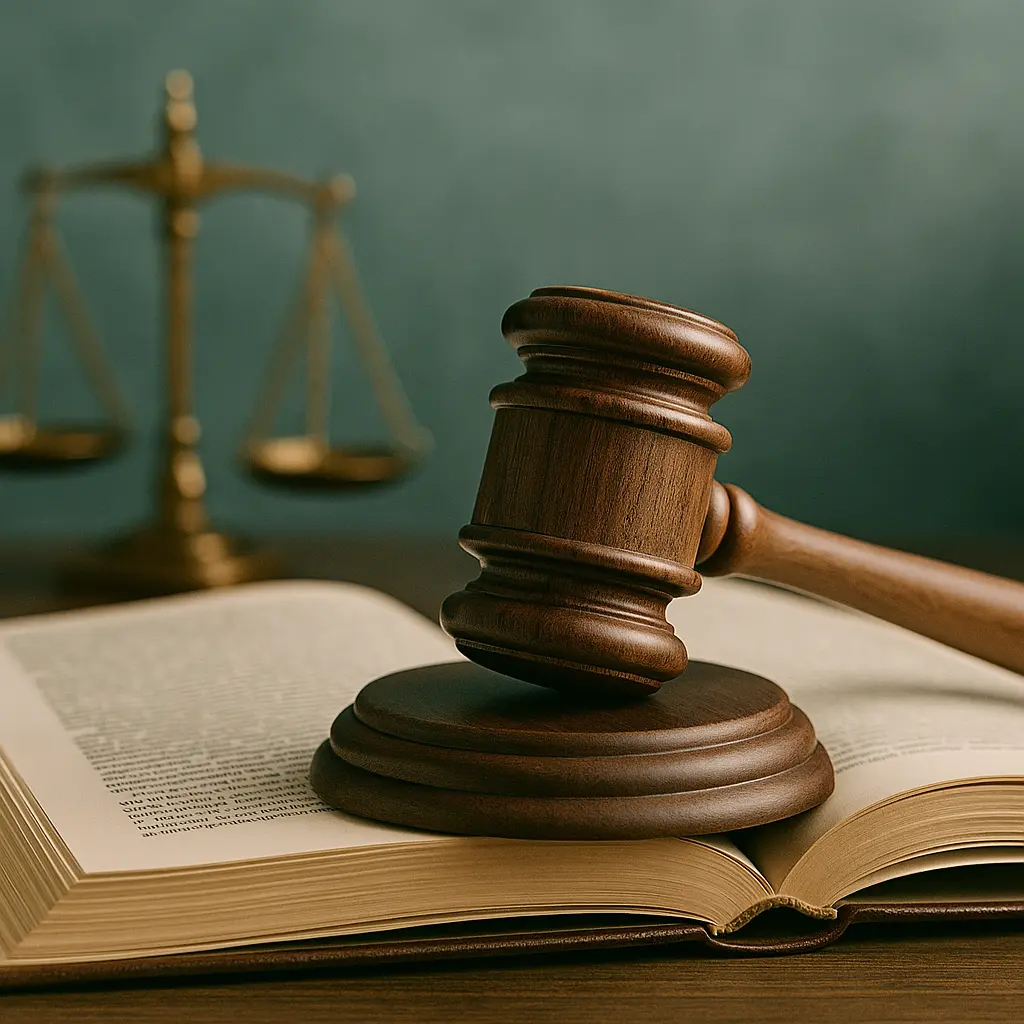Appellate courts in Connecticut generally will not review a claim unless “it was distinctly raised at the trial or arose subsequent to the trial.” This longstanding rule—codified in Connecticut Practice Book § 60-5—encourages litigants to raise concerns during trial to give the trial judge an opportunity to address them in real time and minimize appeals based on issues the trial court never had a chance to correct.
But every rule has its exceptions.
Whether you are appealing a case or defending a judgment, it is important to understand that appellate review may still be available in limited situations—even where a claim was not preserved below.
This post outlines four recognized exceptions to the issue preservation requirement in Connecticut appellate law.
1. Golding Review – Constitutional Claims with an Adequate Record
The first exception arises under the well-established standard in State v. Golding, 213 Conn. 233 (1989).
Golding review allows appellate courts to consider unpreserved constitutional claims, but only if certain criteria are met. An appellant can obtain Golding review when:
- the record is adequate for appellate review,
- the claim is constitutional in nature,
- the constitutional violation exists and deprived the defendant of a fair trial, and
- if subject to harmless error analysis, the appellee fails to prove that the error was harmless beyond a reasonable doubt.
If all those conditions are met, the court must reverse.
Golding review is most frequently used in criminal appeals, but civil litigators should not ignore it entirely—it may occasionally arise in constitutional challenges in non-criminal cases.
2. Plain Error Review – Obvious Errors That Demand Reversal
The second exception is plain error review, a narrow doctrine reserved for rare and manifestly unjust outcomes.
To obtain plain error review, a party must show that:
- The error is both plain (evident on the face of the record) and obvious (not reasonably debatable), and
- Failure to reverse the judgment would result in manifest injustice.
As emphasized in State v. Jamison, 320 Conn. 589, 596–97 (2016), Connecticut courts view plain error review as a “rule of reversibility,” not just reviewability. In practice, however, this distinction is largely academic—courts must still review the claim to decide whether reversal is required.
3. Supervisory Authority – Extraordinary Cases with Systemic Concerns
The third exception is the exercise of supervisory authority by Connecticut’s appellate courts.
This is a more complex and rarely invoked doctrine. Courts exercise supervisory authority only in exceptional circumstances—often where a broader systemic issue is at stake or where the error threatens public confidence in the judicial system.
As explained in Blumberg Associates Worldwide, Inc. v. Brown & Brown of Connecticut, 311 Conn. 123 (2014), the reviewing court may, in certain instances, invoke its supervisory powers even sua sponte, raising and deciding an issue not argued by the parties.
More commonly, supervisory authority is used to create prospective rules for trial courts, such as the canvass requirement adopted in State v. Morel-Vargas, 343 Conn. 247 (2022), which prospectively requires trial courts to canvass defendants before accepting a waiver of the right to testify in most circumstances.
4. Subject Matter Jurisdiction – Always Reviewable, Always Essential
The final and most fundamental exception involves subject matter jurisdiction.
Jurisdiction is not merely a procedural technicality—it is a threshold question of the court’s authority. If a court lacks subject matter jurisdiction, it cannot render a valid judgment. For this reason, jurisdictional defects can be raised at any time, including for the first time on appeal.
Connecticut courts are obligated to address questions of subject matter jurisdiction whenever they arise. As held in Martocchio v. Savoir, 153 Conn. App. 492, 504–05 (2014), jurisdiction is so critical that it overrides ordinary preservation rules.
Key Takeaways for Trial and Appellate Counsel
Although Connecticut appellate courts strongly favor reviewing only preserved issues, these four exceptions offer meaningful opportunities for review in the right case:
- Golding Review – For constitutional issues with an adequate record
- Plain Error Review – For clear, obvious errors causing manifest injustice
- Supervisory Authority – For extraordinary circumstances or new procedural rules
- Subject Matter Jurisdiction – Always subject to appellate review
Each exception has its own strategic considerations. Collaborating with an appellate attorney can help determine whether one of these exceptions applies—and how best to frame the argument on appeal.
Looking for appellate insight on a potential unpreserved issue?
I regularly consult with trial attorneys on preservation strategy and appellate review. To schedule a consultation or ask a question, contact me directly.


